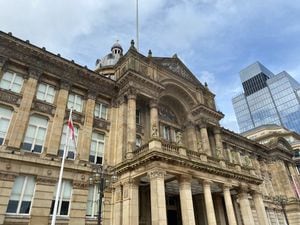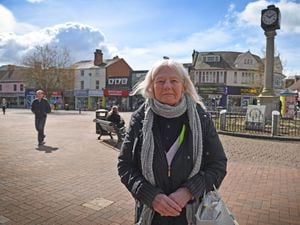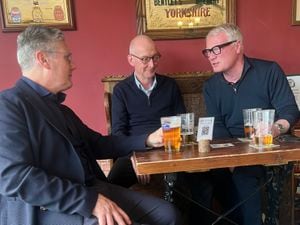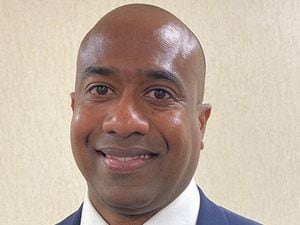Birmingham local election results: Labour secure city majority
Labour retained control of Birmingham City Council after an election shake-up produced a tight poll.
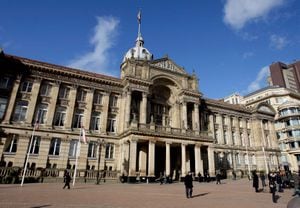
Birmingham moved to a controversial 'all-out' system of council elections for the first time this year.
The authority faced having its ward boundaries carved up and the number of councillors cut from 120 to 101.
Labour previously held 79 seats, with the Tories on 29, Liberal Democrats on 10 with one independent and one vacant.
The party passed the 51 seats it needed for an outright majority during the count on Friday afternoon.
The final predictions suggested Labour would secure around 64 seats, Conservatives on 29 and the Lib Dems on eight.
There were loud cheers from the Green Party after it secured its historic first ever seat in Birmingham.
Labour would have expected to secure the Druids Heath and Monyhull seat but were soundly beaten.
Green candidate Julien Pritchard polled a 476-vote majority on a relatively low turnout.
In second place was Labour’s Victorian Quinn, who has been councillor for Sparkbrook for the last seven years.
Walsall North MP Eddie Hughes spoke of his conflicting emotions after gains for the Conservatives in the city.
He congratulated Gary Sambrook, who has worked as a parliamentary assistant to Halesowen and Rowley Regis MP James Morris, and Ron Storer for taking seats in Kingstanding.
But it came in the defeat of Mr Hughes' brother Des, who was a Labour councillor on the authority since 2010.
Labour’s Barbara Dring and Keith Linnecor retained council seats by winning in Oscott ward bordering Great Barr.
The Conservatives won two seats in Bartley Green as father and son duo John and Bruce Lines were elected.
And there were some big individual upsets like loss of Conservative deputy leader Randal Brew.
Changes to the voting system means this is the last local election in the city until 2022.
Birmingham City Council was divided up into 40 separate wards, each with three elected councillors, making a total of 120.
But from this election, the authority was divided up into 69 wards - 37 of which had only one councillor and the remaining 32 larger wards with two.
A review by Sir Bob Kerslake, the Government official appointed by the then-Local Government Secretary Eric Pickles, called for major changes back in 2015.
He said that holding an election only every four years would make it easier for the council to plan ahead.

